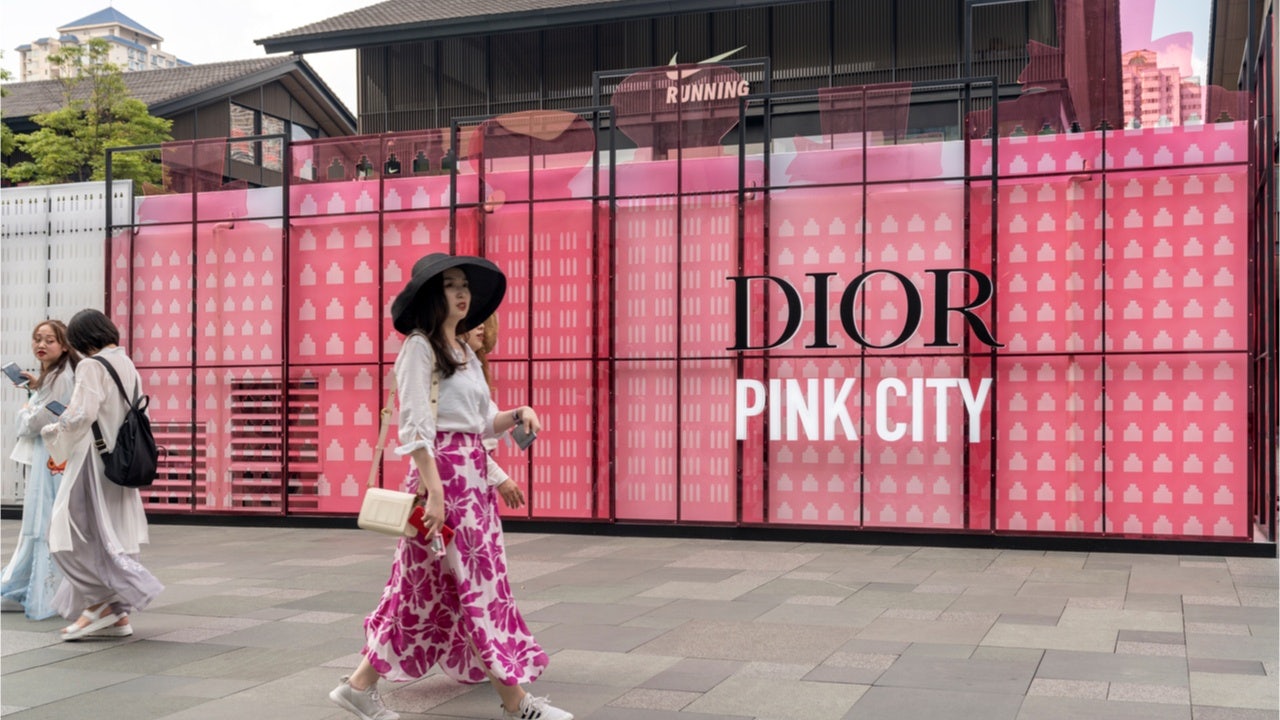What happened
Under pressure from Chinese regulators, fintech giant Ant Group has amended the credit limits for its consumer-lending platform Huabei “to promote more rational spending habits” for certain young borrowers, according to The Wall Street Journal.
China Banking News reports that Huabei has sent notices to customers informing them that their “Huabei credit has been reduced to 3000.00 yuan, based on usage habits and repayments capability, and following a comprehensive assessment.”
Currently, Huabei’s customer base tops 100 million registered users and consists mainly of residents from small towns or smaller cities in China. College students and consumers without an established credit profile commonly seek loans from Huabei. And in an IPO prospectus released at the end of June, Ant Financial announced that users had an outstanding debt average of 2,000 yuan.
Jing Take:#
Getting fast and easy access to small loans has contributed to younger consumers struggling financially. But it has also helped to support China’s economic development, as domestic consumption contributed 76 percent of China’s GDP in 2018. And young consumer debt has grown fast: A 2018 HSBC survey highlights that the debt-to-income ratio of China’s post-90s generation has climbed to 1,850 percent.
As such, this intensified regulatory scrutiny may lead to temporary delays in the development of China’s fintech businesses. However, the market should self-adjust by incorporating new players over the long run. But as far as Ant Financial goes, Jack Ma will be forced to carve an alternative path and embrace a less conspicuous approach to lending. The future of Alibaba could be bleak, with Ma’s empire probably having to be divided to avoid future sanctions and concerns over its growing monopoly.
The good news? The luxury industry shouldn’t be seriously affected by these power games because new consumer-lending platforms will replace Huabei. The technology-driven Chinese millennial generation won’t need additional time to get accustomed to new players. But the luxury industry must learn to take faster action to keep up with the changing Chinese fintech world.
The luxury industry has been historically slow to change, but that could cost them their future business. Consequently, luxury players must learn to collaborate with new consumer credit platforms (albeit platforms that will require time to target underserved segments that need debt management solutions).
Brands backed by luxury conglomerates like LVMH and Kering will have an easier time adapting to the constant market changes. And while they’ll focus on keeping their customers in tier-1 cities happy, D2C brands might move faster to conquer free-spending consumers in lower-tier cities. But the real problem luxury brands face in China is not Alibaba’s anti-monopoly investigations; it’s the looming debt crisis. If anything can thwart consumer spending, it is the uncertainty created by a growing debt crisis.
The Jing Take reports on a piece of the leading news and presents our editorial team’s analysis of the key implications for the luxury industry. In the recurring column, we analyze everything from product drops and mergers to heated debate sprouting on Chinese social media.

